Utah is on the verge of becoming the first U.S. state to establish a Bitcoin reserve as its "Strategic Bitcoin Reserve" bill advances to the Senate. House Bill 230 (HB230), also known as the Blockchain and Digital Innovation Amendments bill, passed the Utah House Economic Development Committee with an 8-1 vote on January 28.
Introduced by Representative Jordan Teuscher on January 21, the bill would authorize the state treasurer to allocate up to 5% of certain public funds into "qualifying digital assets," including Bitcoin (BTC), high-capacity cryptocurrencies, and stablecoins. Dennis Porter, CEO of Satoshi Action Fund, expressed optimism that Utah will lead the way in passing such legislation. If the bill secures Senate approval, it will move to the governor’s desk for final approval or veto.
Utah’s legislative push reflects a growing trend among U.S. states exploring crypto investments. Arizona’s Strategic Bitcoin Reserve Act (SB1025), co-sponsored by Senator Wendy Rogers and Representative Jeff Weninger, recently cleared the Senate Finance Committee and awaits a House vote. Ohio has introduced its second Bitcoin reserve bill, while New Mexico’s SB57, introduced by Senator Ant Thornton on February 4, also proposes allocating 5% of public funds to Bitcoin.
However, not all states are embracing crypto investments. North Dakota’s House Bill 1184, which sought to permit state investment in cryptocurrencies and precious metals, was defeated on January 31, with 32 votes in favor and 57 against.
Currently, 14 U.S. states have introduced legislation allowing treasuries to invest in digital assets, as tracked by the Bitcoin Reserve Monitor. If Utah's bill passes, it could set a precedent for other states looking to integrate Bitcoin into their financial strategies.





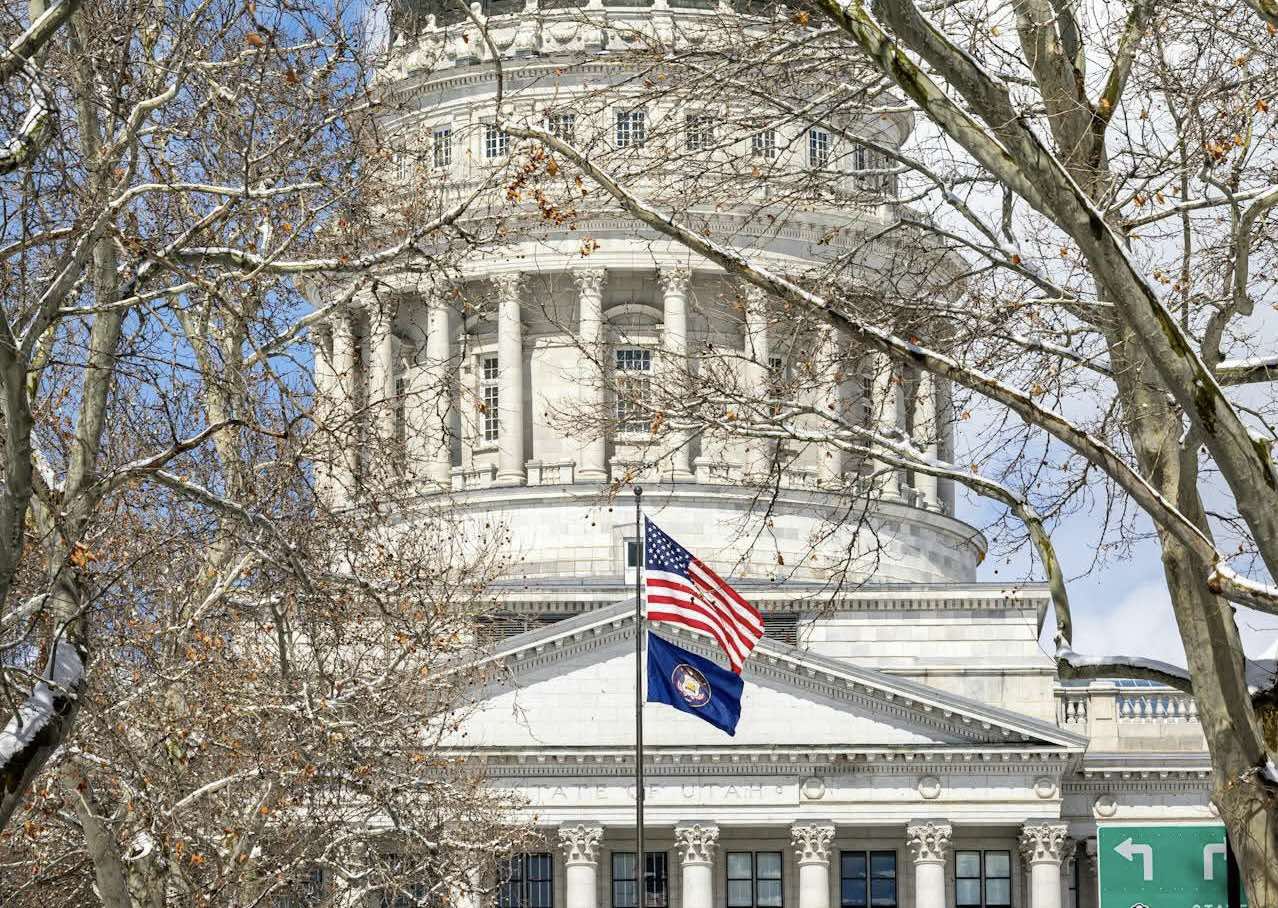
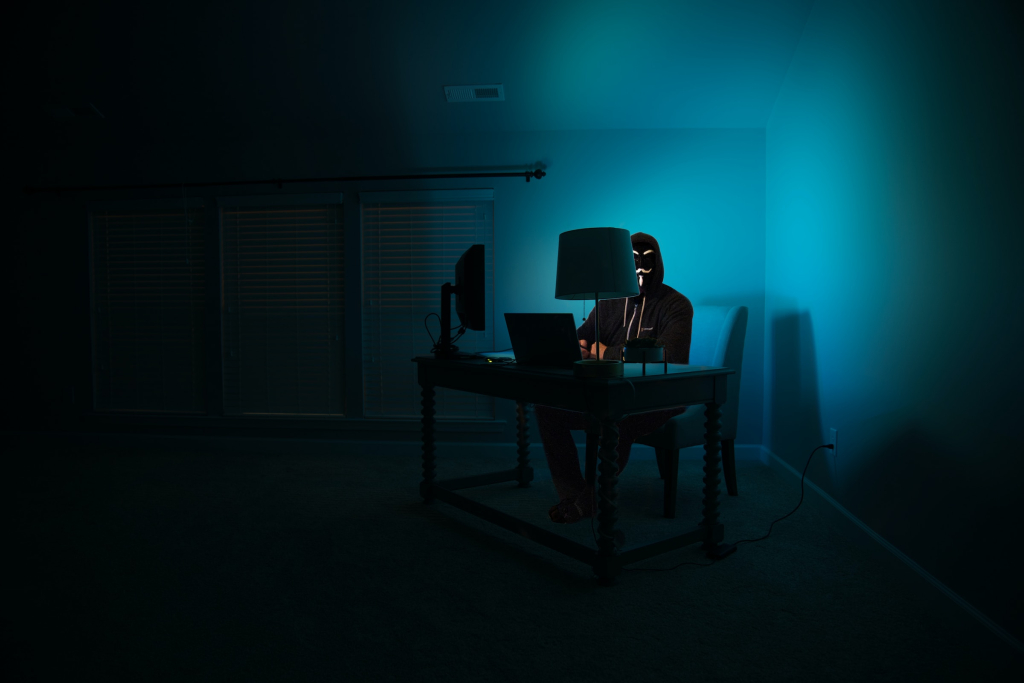









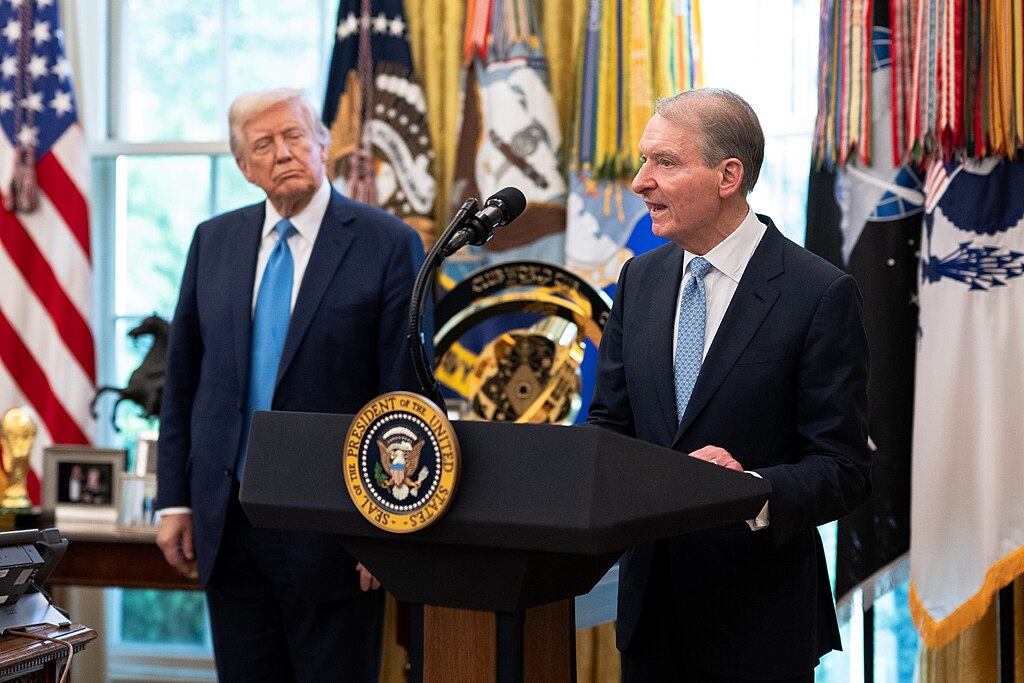

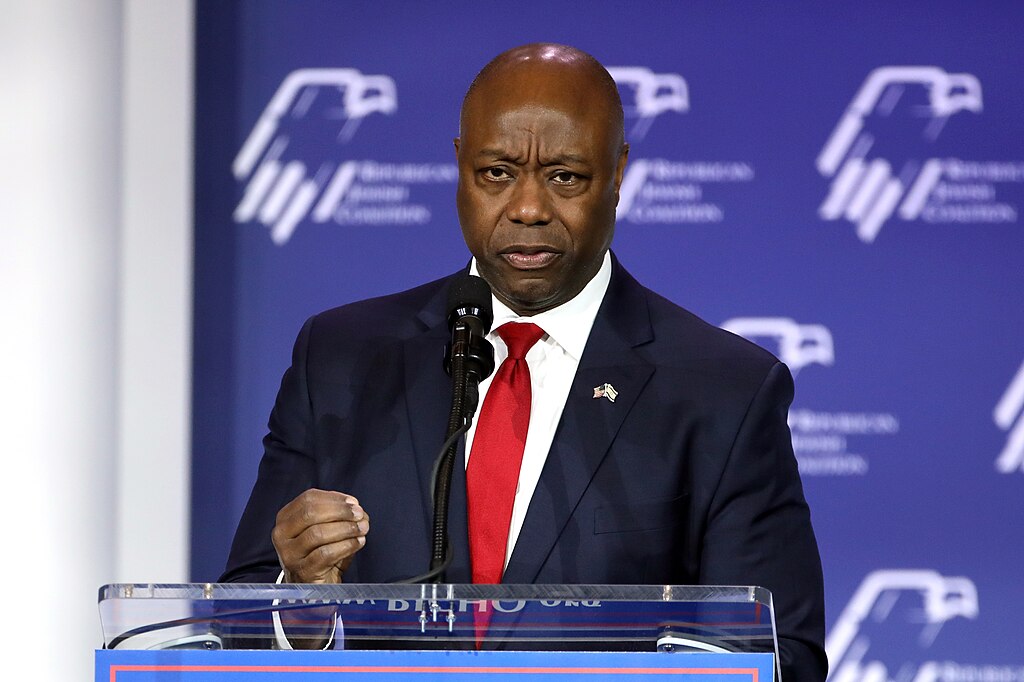


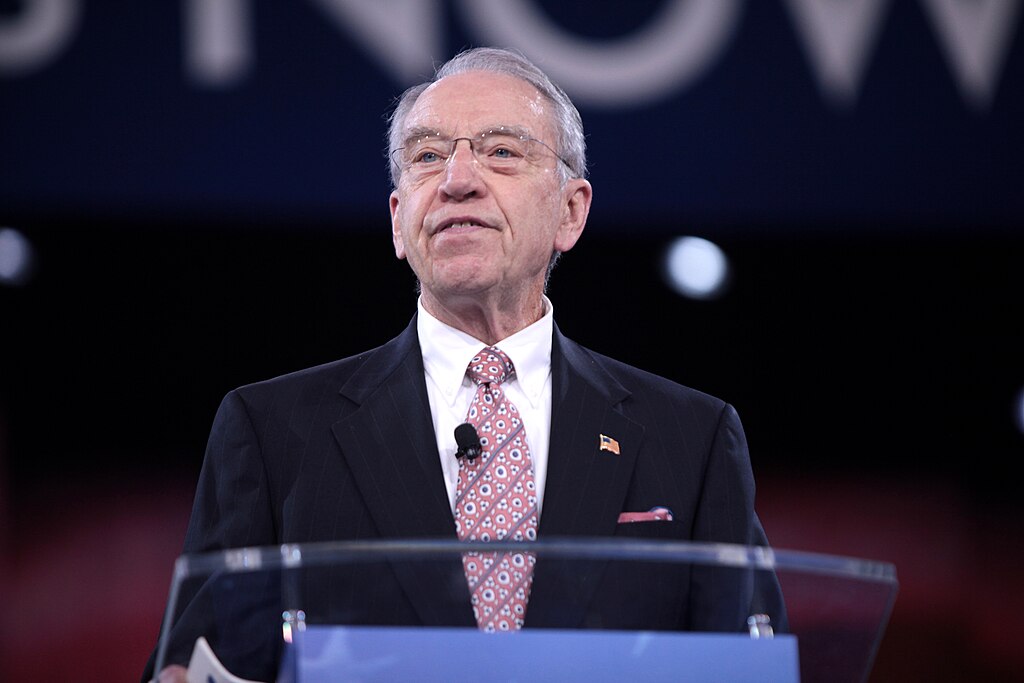





Comment 0